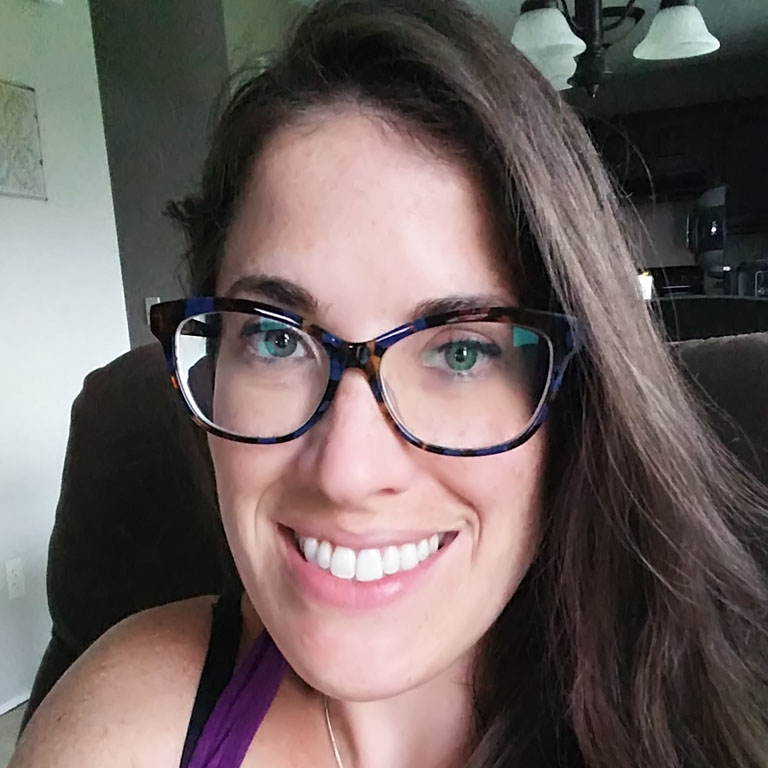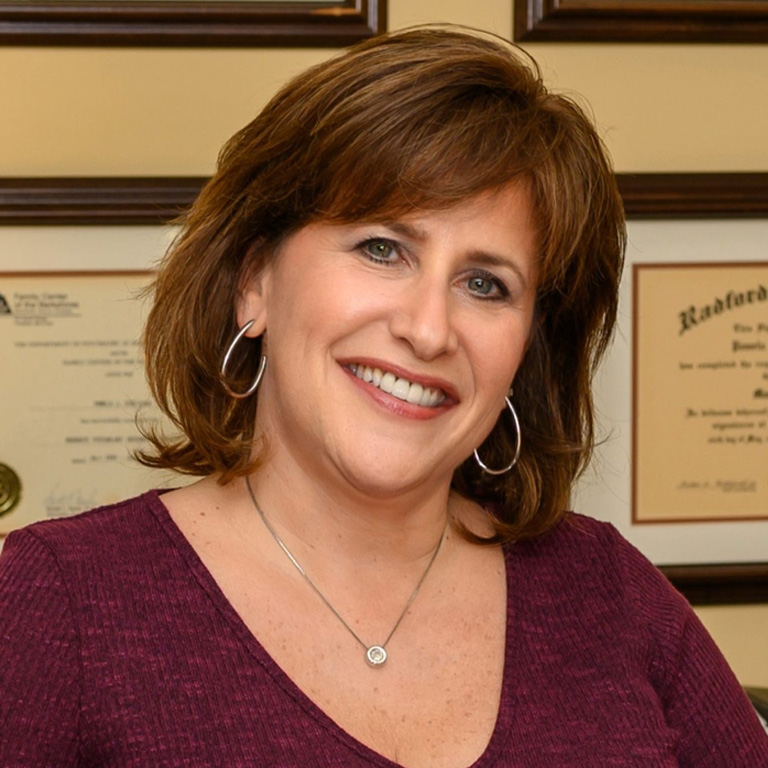Guilt, grief, and the gifts of community with metastatic breast cancer
An MBC advocate reflects on survivor’s guilt, lasting friendships, and how to cope with loss in the metastatic breast cancer community, with guidance from a mental health expert.
- 10/06/25
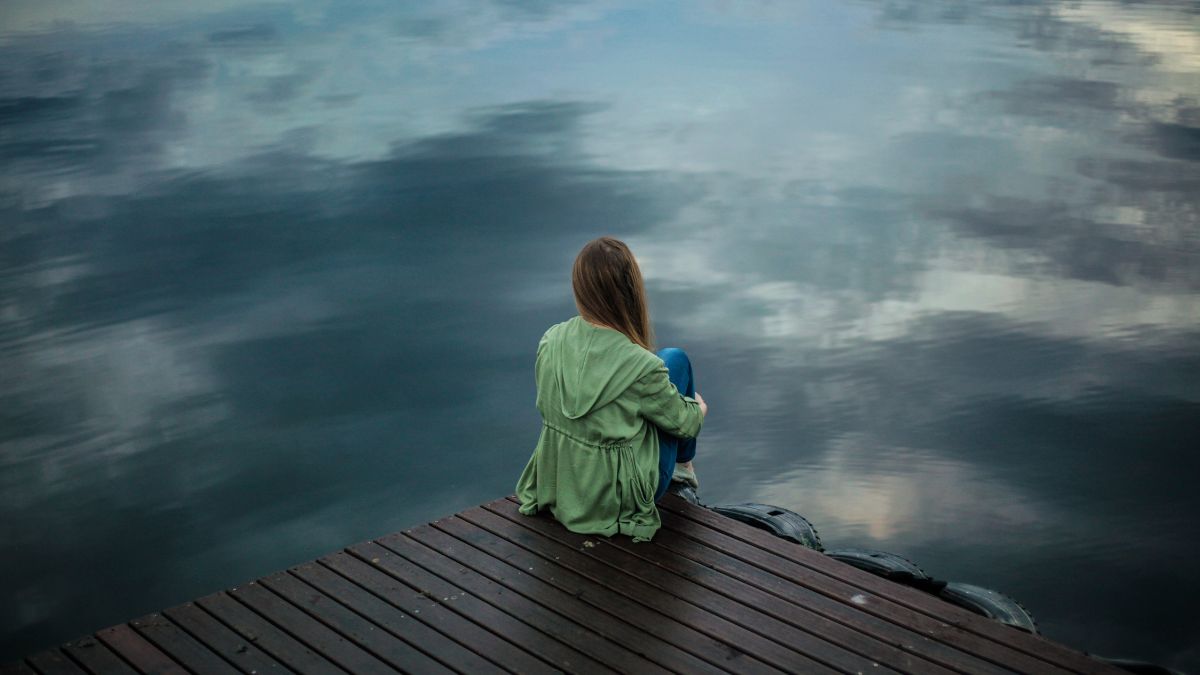
I was diagnosed with stage I breast cancer in 2017 at age 34. I went through a double mastectomy, salpingectomy, and oophorectomy due to my BRCA2 status, followed by hormonal therapy with a SERM. It was tough, but I stayed resilient with the help of friends, family, and even co-workers.
Two years later, I found a lump in my underarm. I feared the cancer had returned, but I wasn’t prepared to learn it had become metastatic breast cancer (MBC.) It had spread throughout my skeleton. It was such an overwhelming and hard time for me and my family. How does a 36-year-old process the grim survival statistics and a disease that infiltrates bones and organs?
This time, my resilience faltered. The treatment and side effects were difficult. Fortunately, I found social media support groups for people diagnosed with MBC at a younger age. While my friends and family were compassionate, these groups gave me something more: connection with people who truly understood. I no longer felt alone.
Over time, I made friendships with thrivers – people living fully with breast cancer – across the world, thanks to the power of social media. Carole and Krista became my "MBC besties." We’ve talked nearly every week for almost 6 years. Our bond runs deeper than anything I’ve experienced with friends before. We laugh and cry together. We cope with morbid humor and make light of our epic failures. We share life and love from different time zones and from opposite sides of the world.
Guilt gut-check
Making friends from around the world, having a community that truly "gets it” – who wouldn't want that? Well, it's not so simple. All of these friends and acquaintances have also been diagnosed with terminal cancer. Getting to know people in this community can mean that you are signing up to process frequent deaths and to be faced with your own mortality. As you form bonds, you also open yourself to grief.
Some friendships in this community are forged quickly. You “meet” someone online and are soon sharing your most intimate thoughts. Since many of us become what I call “professional patients,” meaning it becomes a job to have cancer and adapt to all it entails, we have the time and space to form deep connections. The bond gets closer and closer, until a beautiful life is lost, sometimes with little warning.
Cue the lost feeling, the emptiness — and the guilt.
I’ve lost so many friends and acquaintances. And with each loss, guilt creeps in. I feel it when someone dies younger than I was when first diagnosed. I feel it when an admired community member passes and I wonder, “Why am I still here?” I feel it when others are on tough IV chemo, and I’m on “easy” targeted therapy instead, or when my disease is stable while someone else’s is progressing.
Sometimes the guilt is subtle: a quiet discomfort that I’m still thriving while others are not. Among my MBC besties, I currently have the best prognosis and that comes with a heavy weight of conflicted feelings. But when I shared these feelings with them, I received the most comforting response: “Don’t feel guilty. We are not struggling because you are thriving. That’s not how it works.”
So that is what I try to remember whenever I feel guilt, shame, awkwardness, and self-doubt.
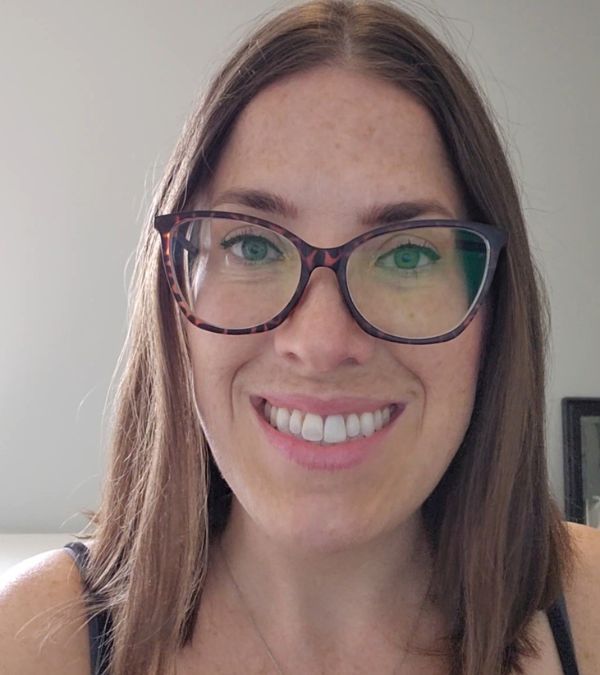
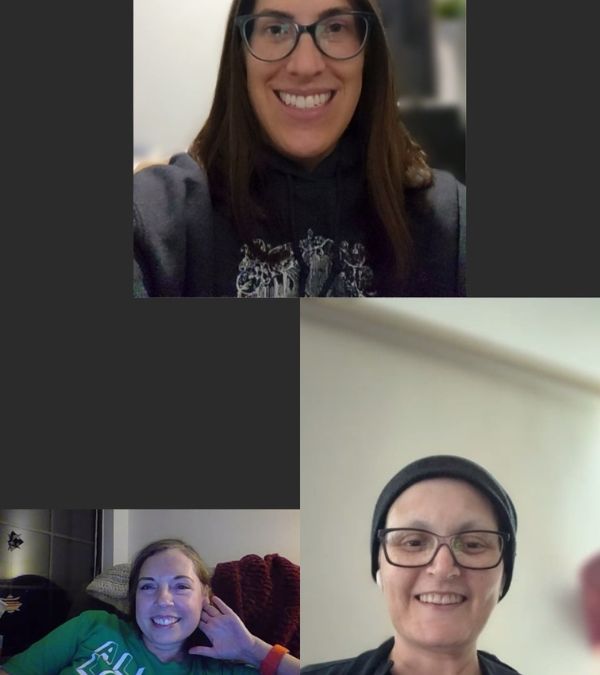
To love and to lose, not compare
I’ve met peers who avoid making close connections in the MBC community because the risk of loss is just too painful. I understand that. It’s hard to read about the difficult experiences others are having. Sometimes we don’t relate to someone else’s story. Or we relate too much, and it weighs on our heart. Personally, I’ve found peace in staying connected. Hearing others’ stories, even the difficult ones, prepares me for what could lie ahead. And it’s not all hard. There are celebrations and moments of joy, too, that often radiate hope and inspiration.
When I lose someone, I give myself time to grieve. I try to honor them through self-care: taking a walk in their memory or doing something that feels healing. One of my friends lights a candle. For me, it’s like giving a big middle finger to the disease that took them from us.
So is it worth befriending others with a terminal diagnosis?
For me, the answer is a resounding YES.
I feel this saying in my heart: “It’s better to have loved and lost than never to have loved at all.”
My MBC community continues to show up for me when I need it. And I carry the legacy of the women who have shaped me:
- Jackie encouraged me to become an MBC advocate.
- Kate inspired me to buy myself a gift on my MBC anniversary.
- Jen reminded me to nurture my creativity.
- Minnie told me to dance like nobody’s watching.
- Jessica made me want to do something meaningful with my life.
- Emma motivated me to keep supporting others in our community.
I honor their lives by continuing their good work and by living my life as fully as I can.
Making peace with mortality
Every death brings a reminder of my own. But over time, I’ve made peace with some of that. I’ve talked with my family and made plans for what I want. I’ve already done much of my grieving. I’m not ready, but I’m also not panicked. I remind myself: It’s not my time yet.
When feelings of guilt show up (especially the kind that stems from comparing my path to others’) I talk to friends. I lean on family. And I return to a quote that’s helped me a lot: “Comparison is the thief of joy.”
Comparing who is struggling more, or who deserves more time, doesn’t help. I try to stay focused on the beauty of the present, on what I can do and enjoy while I’m still here.
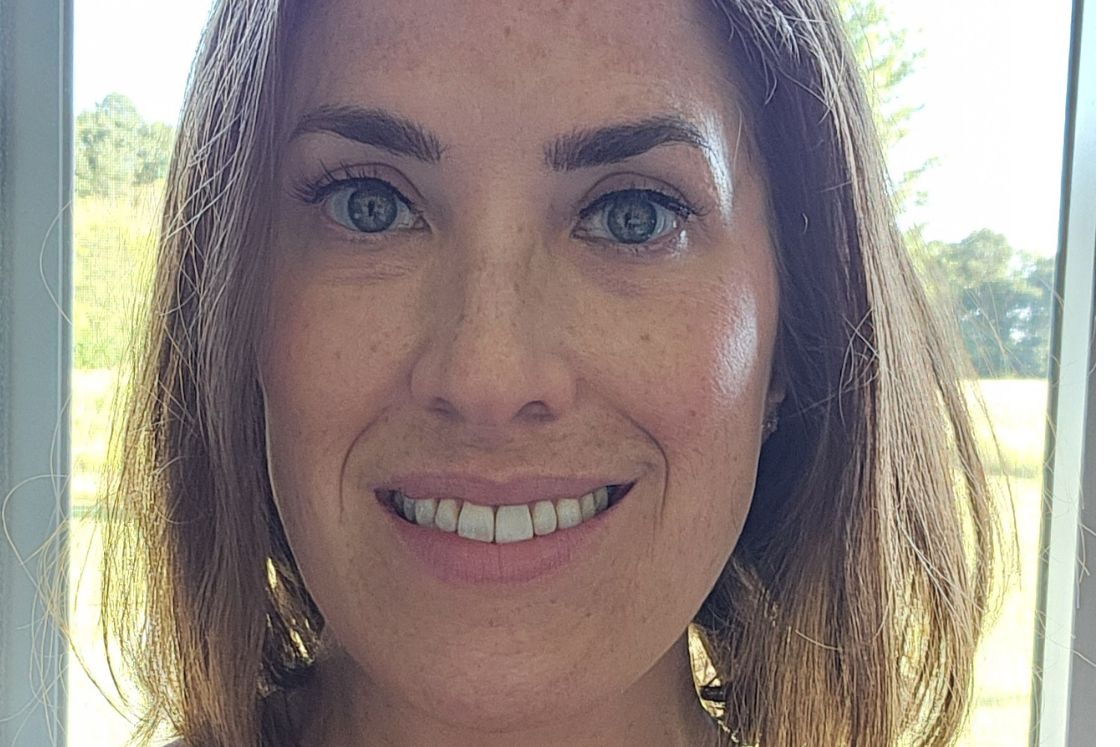
"So is it worth befriending others with a terminal diagnosis? For me, the answer is a resounding YES."
Give yourself grace through guilt
Expert insight on survivor’s guilt from Pamela J. Ginsberg, PhD
Survivor's guilt is common among support groups in the world of breast cancer and metastatic breast cancer. It is not surprising to hear women talk about this phenomenon when they are involved in a support group or an organization with others who are managing the same or similar diagnoses.
The National Institutes of Health (NIH) defines survivor's guilt as the response to an event that some people experience when they survive a traumatic event or situation that others did not. This makes perfect sense in the setting that is described here, when you have a relationship with a group of people who have the same diagnosis, but they are not doing as well as you are or have died from the disease. The reason I say this makes sense is because this phenomenon is closely related to empathy.
We have a strong sense of empathy, connectedness, and concern for those we care about, and it stands to reason that you will have an emotional reaction when they are not doing well. You have bonded with this group over a shared struggle, shared intimate information, and come to care deeply for one another. Losing one of them will certainly bring feelings of loss and grief, but because of the shared struggle, the emotional response can be more complicated. Though most people understand that one person's health developments have little to do with them, you identify so strongly with one another that feeling guilty that you are not struggling in the same way is the result of this sense of shared experiences. Sometimes what we understand rationally in our minds does not sync with what we are experiencing emotionally in our hearts.
In terms of coping with survivor's guilt, the strategies Laura mentions are really wonderful. The energy of loving kindness goes a long way in the world, and in how you process a loss. Spend some time with your thoughts about the person you lost, and also with your own feelings and reactions to the loss. It is a very human response to compare yourself to others, so recognize it when it happens and forgive yourself for it. Feelings are never wrong, but they can be uncomfortable. Allow the feelings to be what they are instead of trying to push them away. You will process the feelings more efficiently if you allow them rather than try to avoid them.
I spent many years running an MBC support group, and I know the losses are very hard on the group for many complicated reasons. But the benefits of the group are so substantial and have such an impact on quality of life, that I always believe that most would rather experience these benefits and cope with the losses than not have the connections borne out of these groups. Loss is an essential and mandatory part of life, and it is important to appreciate the relationships that we value, even though the losses hurt.
I also recommend continuing to connect with others in the group, as well as others who do not share this particular struggle. By diversifying our social connections, we allow ourselves to have a wider range of social experiences, and a different social group may be helpful when they are not connected to the loss.
DISCLAIMER:
The views and opinions of our bloggers represent the views and opinions of the bloggers alone and not those of Living Beyond Breast Cancer. Also understand that Living Beyond Breast Cancer does not medically review any information or content contained on, or distributed through, its blog and therefore does not endorse the accuracy or reliability of any such information or content. Through our blog, we merely seek to give individuals creative freedom to tell their stories. It is not a substitute for professional counseling or medical advice.

